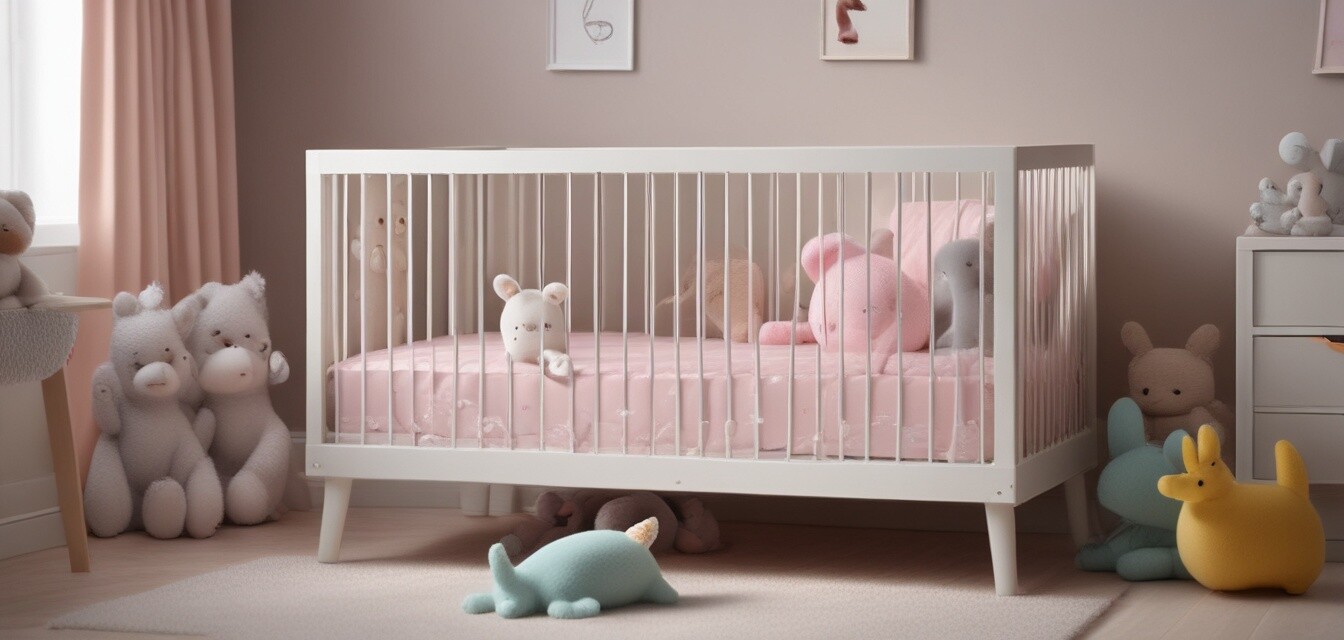
Understanding Cot Mattress Lifespan
Key Takeaways
- Cot mattresses generally last between 3 to 5 years.
- Regular maintenance can extend the life of the mattress.
- Know the signs indicating it's time for a replacement.
- Choose the right mattress type for your needs.
- Be informed about the safety and health aspects of mattresses.
A cot mattress is one of the most important items in your nursery. Understanding its lifespan and knowing when to replace it can ensure your child’s safety and comfort. This article will guide you through everything you need to know about cot mattress lifespan, how to maintain them, and telltale signs for replacements.
Average lifespan of a cot mattress
Generally, cot mattresses last between 3 to 5 years. However, several factors can influence this, including the quality of the mattress, frequency of use, and how well it has been maintained. Below is a breakdown of what you can expect regarding the lifespan of various types of mattresses:
| Type of Mattress | Average Lifespan | Maintenance Tips |
|---|---|---|
| Foam Mattress | 3-5 years | Keep dry; replace if sagging occurs |
| Spring Mattress | 5-7 years | Rotate regularly; check for coil damage |
| Hybrid Mattress | 4-6 years | Maintain hygiene; ensure no moisture retention |
| Organic Mattress | 5-8 years | Avoid harsh chemicals; clean spills immediately |
Factors affecting cot mattress lifespan
Understanding the factors that can affect how long your cot mattress lasts is crucial. Here are some key aspects to consider:
- Quality of materials: Higher quality materials typically last longer.
- Usage: Heavy usage, such as multiple children using the same mattress, can shorten its lifespan.
- Maintenance practices: Regular cleaning and ensuring moisture-free environments contribute to the longevity of the mattress.
Signs it’s time to replace your cot mattress
Knowing when to say goodbye to an old cot mattress is just as important as understanding its lifespan. Here are the signs that it might be time for a replacement:
- Visible wear and tear: Look for rips, tears, or significant compression.
- Notable sagging: If the mattress is noticeably sagging in the middle, it can no longer provide the support needed.
- Persistent odors: Unpleasant smells can indicate moisture retention, which may lead to mold.
- Allergies: Increased allergic reactions may suggest that the mattress has accumulated dust mites or allergens.
Maintenance tips for cot mattresses
Good maintenance practices can significantly extend the life of your cot mattress. Here are some essential tips:
Beginner's Maintenance Section
- Regularly check for stains and clean them as soon as possible.
- Use a waterproof mattress protector to guard against spills.
- Avoid jumping on the mattress to prevent damage.
- Rotate the mattress periodically to ensure even wear.
- Avoid exposure to moisture to keep mold and mildew at bay.
Choosing the right cot mattress for longevity
When purchasing a cot mattress, consider choosing a product that is made of high-quality materials. Look for certifications that ensure the product is free from harmful chemicals. Additionally, ensure that the mattress fits snugly within the cot to prevent gaps that could pose a safety risk. For more information on choosing the perfect mattress, consult our buying guides.
Conclusion
Understanding the lifespan of cot mattresses helps you make informed decisions for your child's nursery. Regular maintenance combined with being aware of replacement signs will ensure that your child sleeps safely and comfortably. Don’t forget to explore our collection of different types of cot mattresses to find the perfect fit for your family.
Pros
- Quality mattresses enhance child safety.
- Regular maintenance can significantly extend the life of the mattress.
- Understanding lifespan helps in budgeting for replacements.
Cons
- Replacement can be costly if not planned for.
- Neglecting maintenance can lead to safety issues.